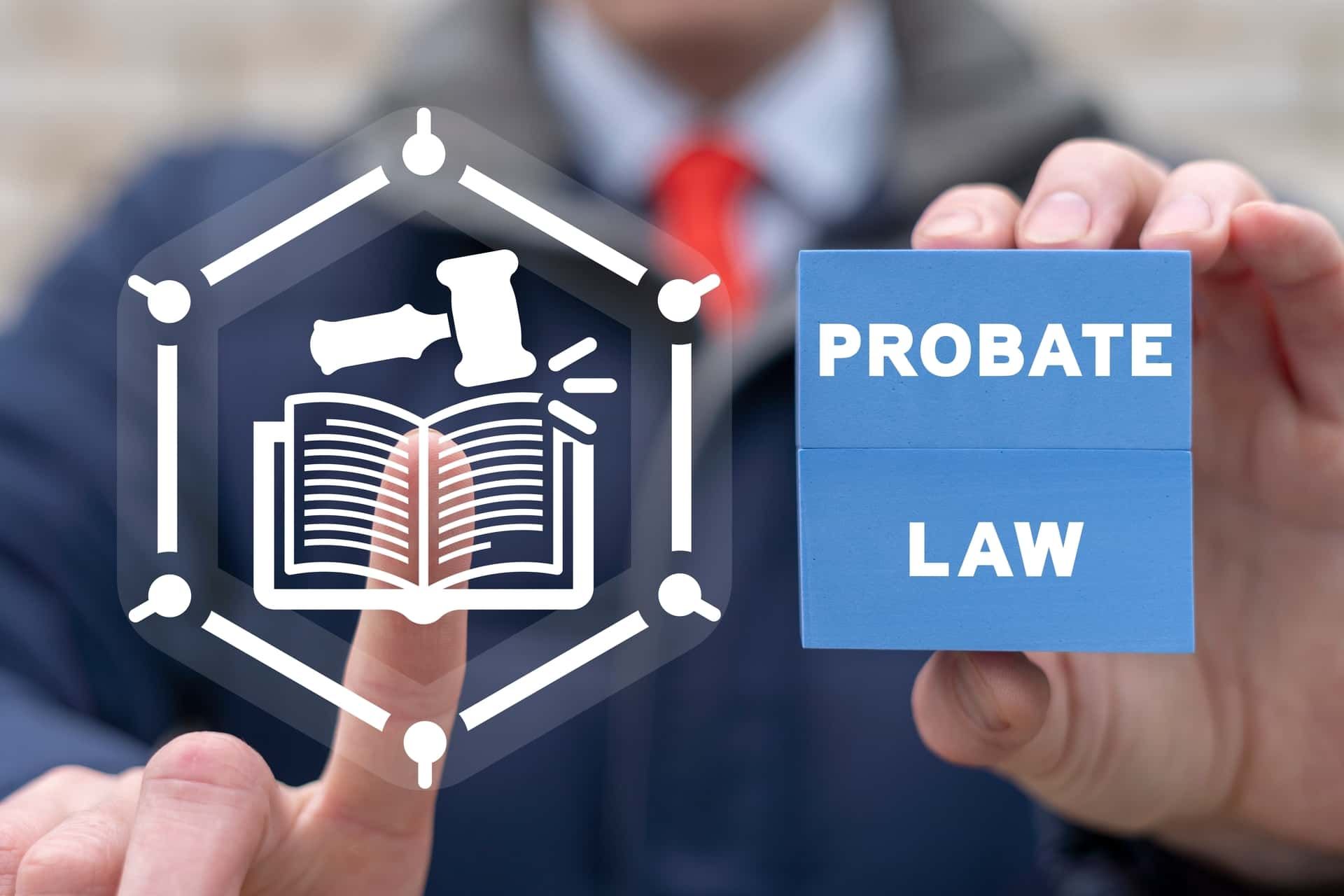Get Ready to Litigate with the IRS: IRS Announces New Rule
The Internal Revenue Service (IRS) has a mission of administering and enforcing the tax law in the nation. As you well, know our tax system is one of self-assessment. In other words, our tax system depends on an “honor system.” Taxpayers and their tax advisors are expected to follow the rules.
The IRS does as much as it can to provide affirmative guidance to taxpayers so that there is sufficient guidance to taxpayers before the fact , so taxpayers are not surprised by rules or regulations of which they were not aware after the fact . In fact, it would cause far too much confusion to try to administer tax policy by constantly looking back and correcting or punishing taxpayers after they attempted to pay their taxes in accordance with the law.
That being said, tax disputes in a country so large and complex are bound to crop up. In the past, the IRS has provided an agency appeal process to handle any disputes, and to try to arrive at a settlement with a taxpayer without having to litigate in court. On August 24, 2020, however, the IRS announced that it will be pulling back on its IRS appeals function, and allowing more cases to go to court. Is this a good or bad thing?
In this article, we will explore the pros of cons of this new IRS change. If, after reading this article, you would like to have additional information on any aspect of your taxes, we invite you to call the tax attorney of Sarasota, Florida, Mary E. King, P.L. The Law Office of Mary E. King, P.L. can make sure that your tax issues are resolved efficiently and at the lowest cost to you. Please fill out our online contact form , or call us at 941-906-7585 today.
The Basics of the Recent IRS Change – Taxpayer First Act
On August 24, 2020, the IRS issued a memorandum with regard to the Designation of Cases for Litigation. To understand the memo, you first need to understand the Taxpayer First Act.
The Taxpayer First Act was passed in 2019, with any eye towards overhauling the entire IRS. Some of the provisions in the Act included:
1. Establishing an IRS independent office of appeals to resolve tax disputes without litigation;
2. Change tax processes so they are more taxpayer-friendly;
3. Continue the IRS Free File Program; and
4. Exempt some low-income taxpayers from payments required to submit an offer-in-compromise.
At first blush, those changes appear geared towards helping taxpayers. This new change with regard to “Designation of Cases for Litigation,” however, seems to run counter to that goal.
Designation of Cases for Litigation
The concept of “Designation of Cases for Litigation,” is another way of saying that the IRS, when confronted with a dispute with a taxpayer, will decide that it will bring the case to court, rather than settle the matter with the taxpayer.
The IRS’s use of this Designation power was meant to do the following:
1. Litigate a case in court when the issue in the case is a recurring, significant legal issue that affects a large number of taxpayers. In other words, the IRS will designate a case when it wants to make a bigger point with the litigation; or
2. To allow the IRS to litigate a dispute in court when it believes that the taxpayer must accede to the IRS’s demands and settlement is not an option; and
The process of Designating a Case for Litigation involves the IRS first sending a “Statutory Notice of Deficiency” to the taxpayer. Then, the case is set on the docket in U.S. Tax Court.
The Recent Change by the IRS
The August 24, 2020 memo from the IRS gives guidance to all those IRS field offices about how to designate cases for litigation. As part of the process, the IRS should give the taxpayer several written notices to avoid designation, and gives the taxpayer an opportunity to meet with the Chief Counsel to make a case against designation.
The problem, though, is that when a case is ultimately designated for litigation, that determination greatly limits a taxpayer’s ability to resolve a tax dispute with the IRS Independent Office of Appeals without the need for litigation.
The IRS claims that it is making this move to avoid abusive tax disputes with the IRS, and it emphasizes that the IRS has historically used the designation to a litigation tool infrequently. This new guidance, however, might just make such designation more frequent, which means that if you have a dispute with the IRS, you may need to formally litigation the issue.
Remember, you cannot effectively represent yourself against the IRS when an issue in your case is designated for litigation. You need to make sure that you obtain the help of an experienced tax attorney in Sarasota to help you.
Let Mary King, the Seasoned Tax Attorney in Sarasota, Help You Fight Back Against the IRS
When it comes to dealing with tax litigation, you need to talk to a tax attorney in Sarasota who can help. Mary E. King has spent her career concentrating on tax law and can help you with tax scams in Florida and elsewhere. Attorney King has a wealth of information about what types of options would make the most sense for you and your business.
That helps explain why she’s received an A+ rating from the Florida Better Business Bureau. If you have a tax-related issue – no matter how small or how large – setting up an initial consultation with Mary E. King, tax lawyer of Florida, is the first step you should take towards relief.
The Law Office of Mary King P.L. offers complete IRS problem-solving services including all areas from tax debt settlement to planning the most efficient tax strategy for individuals and businesses. Call us today to schedule an initial consultation. With years of experience as a tax lawyer in Florida for many clients, Attorney Mary E. King can make sure that your tax issues are resolved in your favor. Fill out our online contact form , or call us at 941-906-7585. Remember, at the Law Office of Mary E. King, we are focused on solving your tax issues for good.
The post Get Ready to Litigate with the IRS: IRS Announces New Rule appeared first on Law Office of Mary E. King P.L..
Disclaimer: The information on this website and blog is for general informational purposes only and is not professional advice. We make no guarantees of accuracy or completeness. We disclaim all liability for errors, omissions, or reliance on this content. Always consult a qualified professional for specific guidance.
RECENT POSTS
CONTACT US






